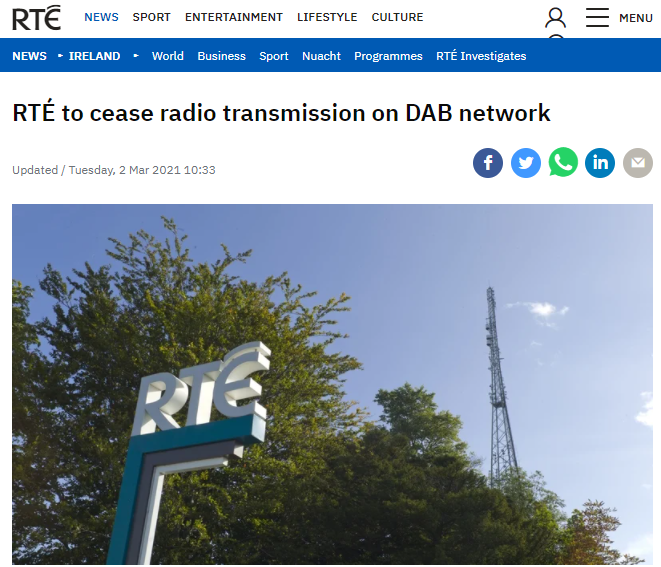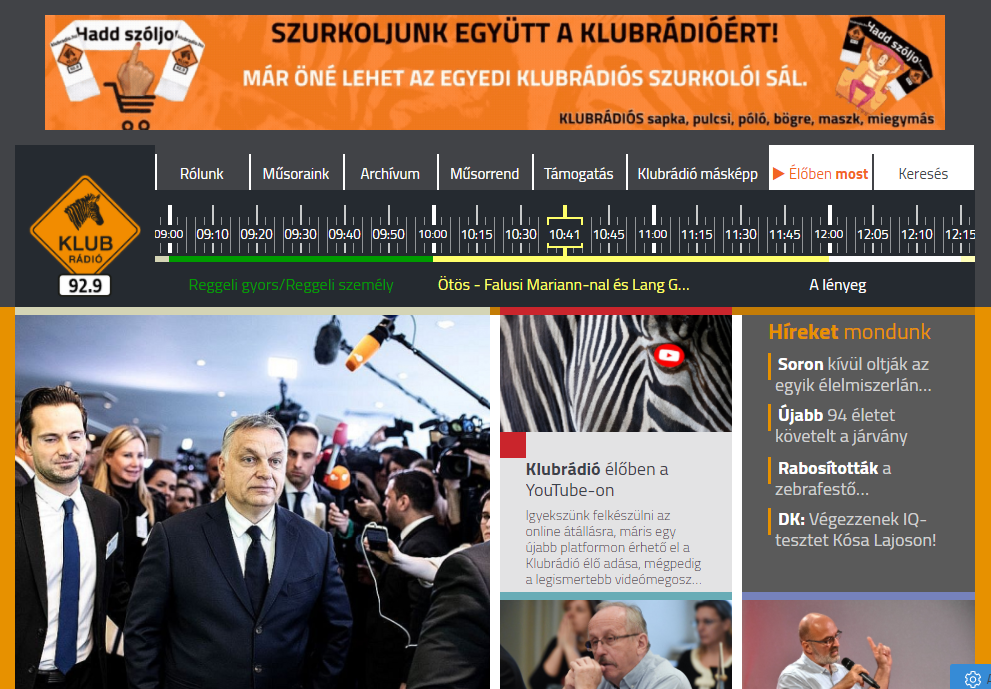With the opening of six more stations, whose broadcasts aim to consolidate the country’s peace process, the turning point has been completed: the target to be reached by 2026 (twenty stations) is now closer

Source
Announced last summer, the six new peace stations went into operation on 21 May 2021. They are stations that teach the pedagogy of peace, trying to mend the divisions caused by fifty years of armed conflict between the army, guerrillas and mercedarios in the pay of drug traffickers. Last year, the locations where they were to be transmitted were defined, then the frequencies were assigned, the equipment installed and the studios set up. These are the frequencies and the localities (department in brackets) 92.6 Algeciras (Huila); 88.9 Arauquita (Arauca); 98.5 Bojayá (Chocó); 92.0 Florida (Valle); 90.1 El Tambo (Cauca); 102.7 Puerto Leguízamo (Putumayo). They join the five other stations already active (there will be 20 by 2026): 103.5 Chaparral (Tolima); 92.3 Ituango (Antioquia); 94.7 Convención (Norte de Santander); 92.2 Fonseca (La Guajira) and 89.8 San Jacinto (Bolívar). All of them depend on RTVC (Radio Televisión Nacional de Colombia) and are professionally organised.
Further details on the project can be read in our article from last year.












